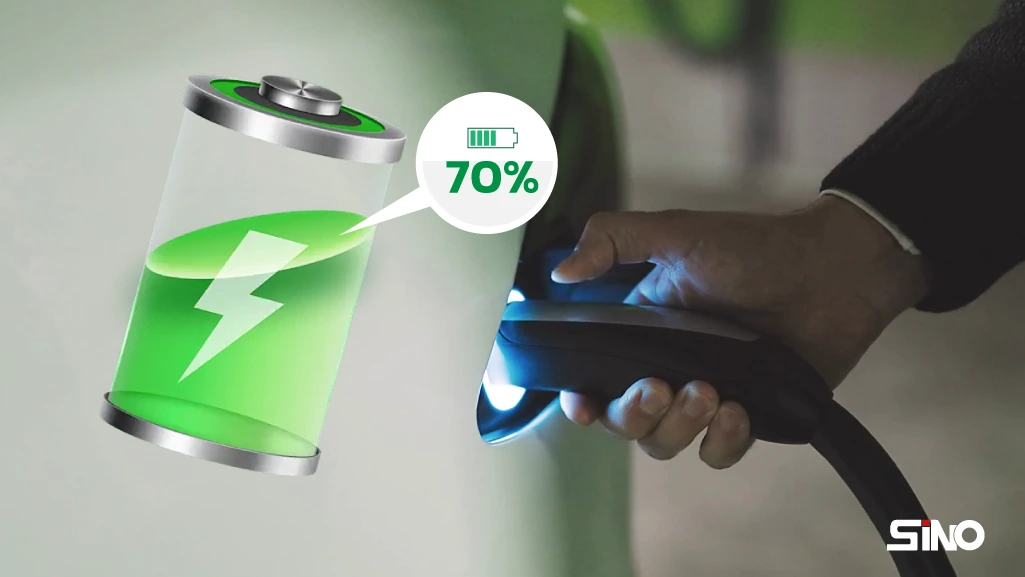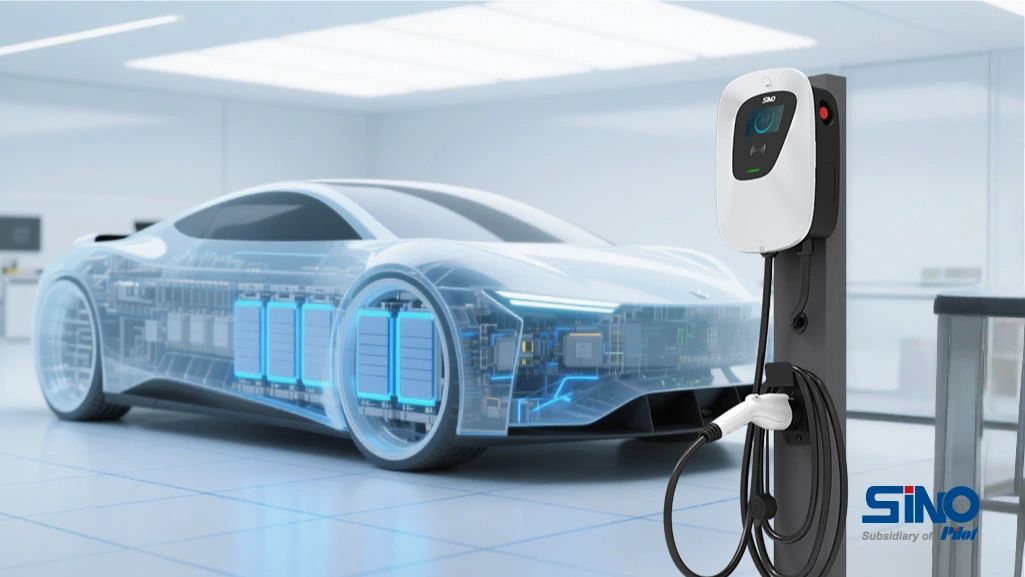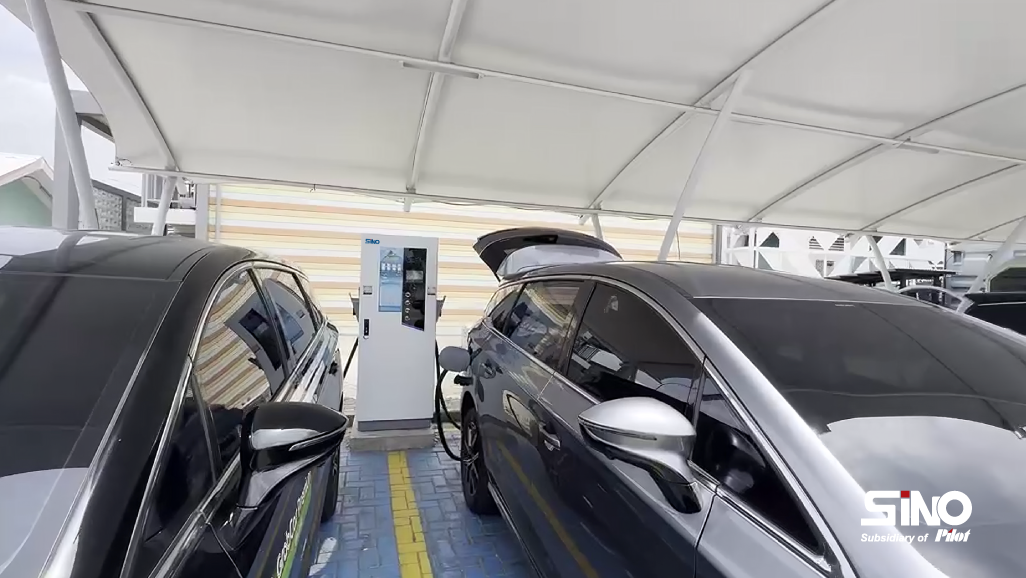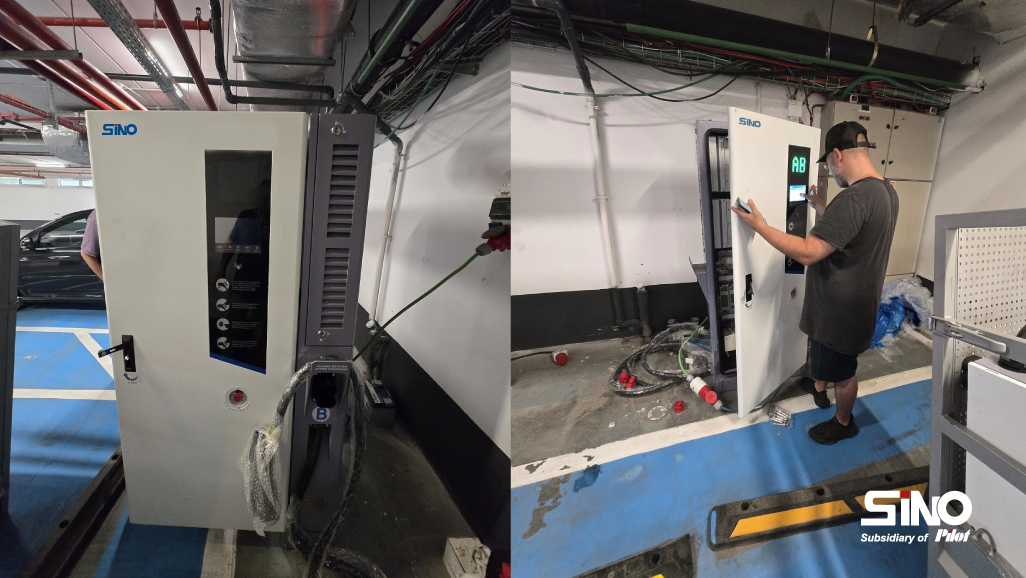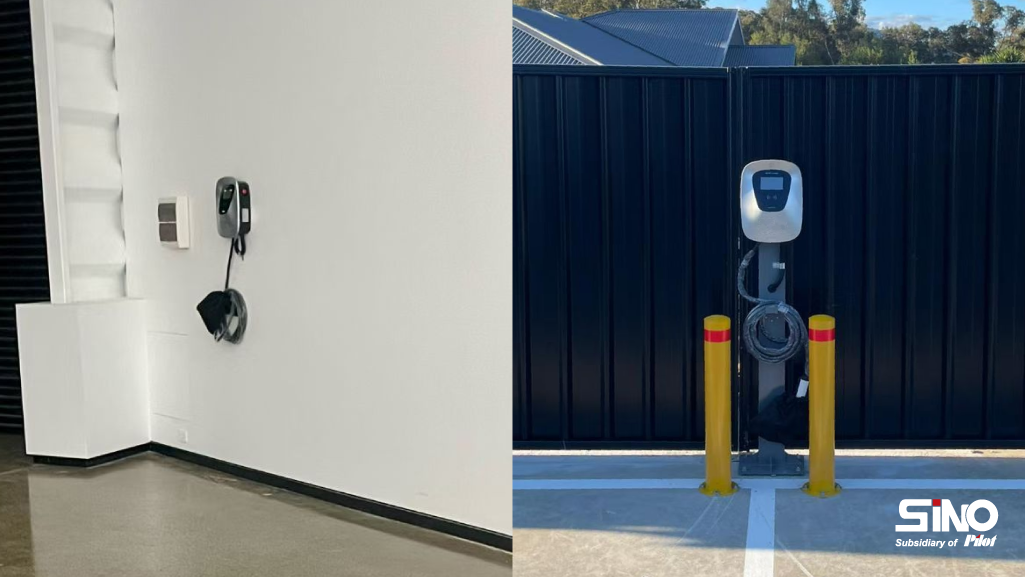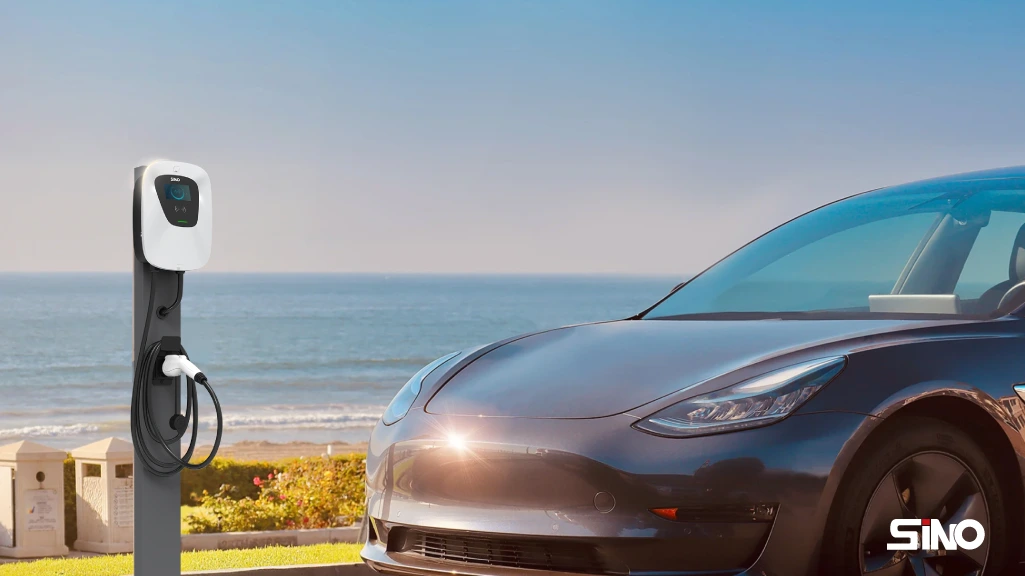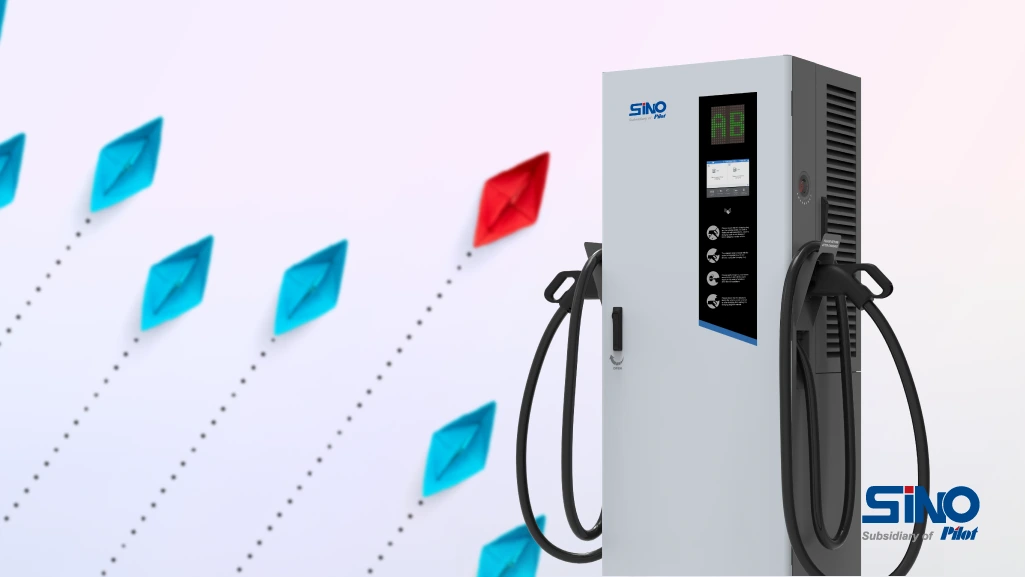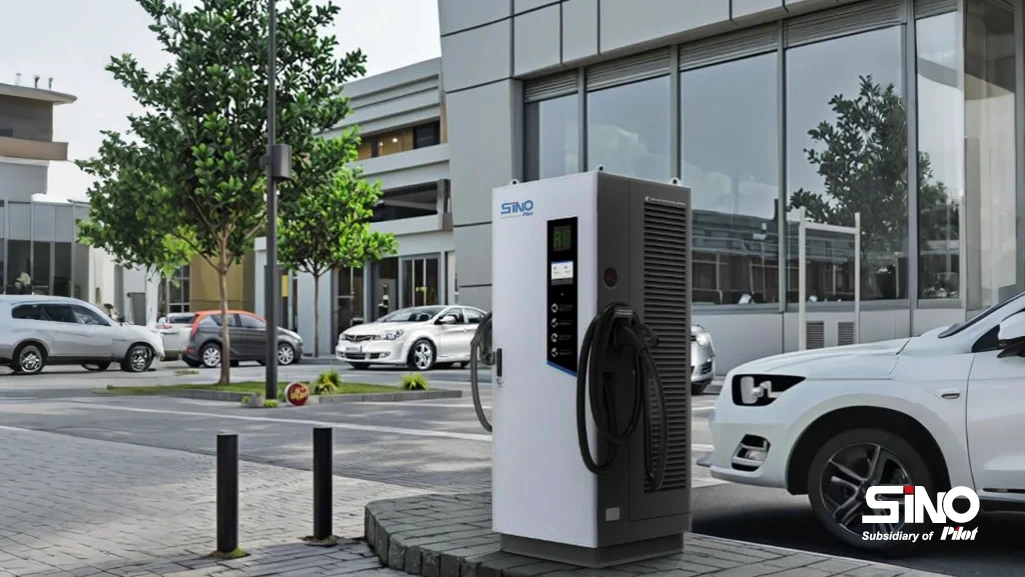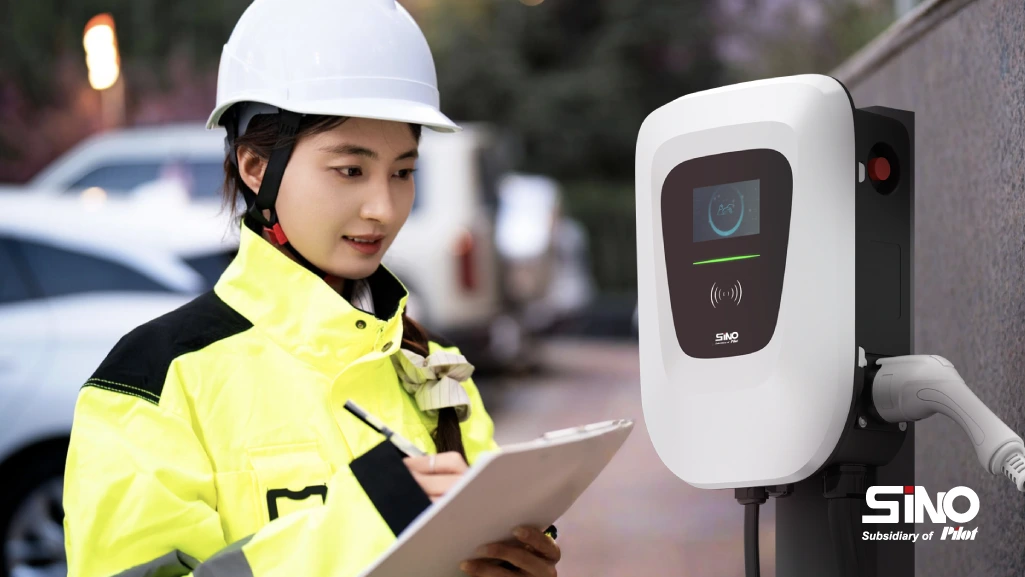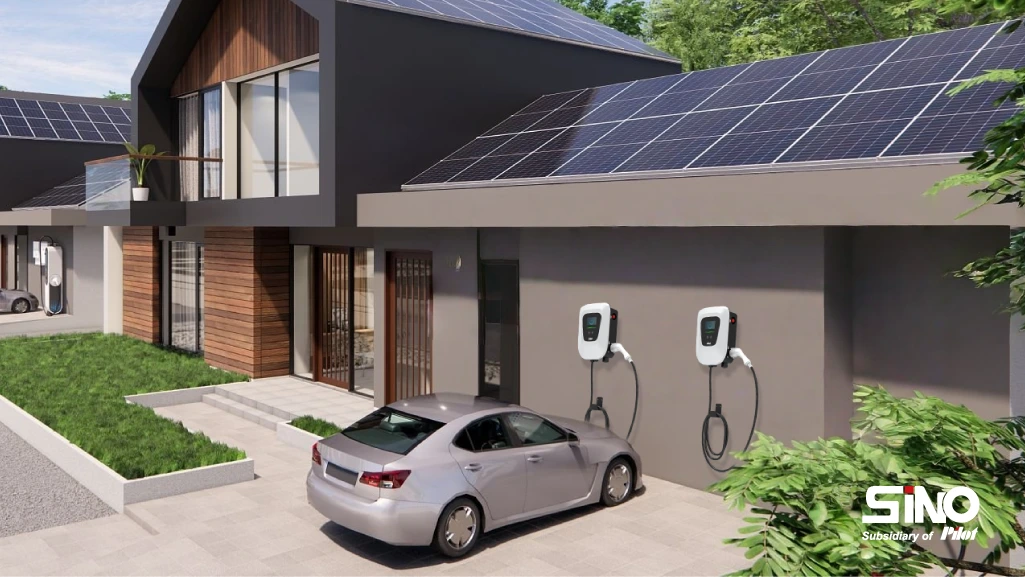In the world of electric vehicles, one common question that often arises is whether it’s okay to unplug an EV from the charger before it’s fully charged. The answer isn’t a simple yes or no.
On one hand, in many situations, it is possible to unplug an EV before it reaches full charge without causing significant harm. Modern electric vehicles are equipped with advanced battery management systems that can handle interruptions in the charging process to a certain extent. If you need to move your vehicle quickly or have an unexpected need to disconnect, doing so won’t necessarily damage the battery immediately.
However, there are some considerations. Frequent interruptions of the charging process before full charge can have an impact on the long-term health and performance of the battery. Over time, it may lead to a reduction in the battery’s overall capacity and range. The battery is designed to go through a complete charging cycle for optimal performance and longevity.
Moreover, if you are using a public charging station and unplug prematurely, it might inconvenience other users who are waiting to use the charger. This could also potentially lead to a negative impact on the reputation of EV owners as a whole.
On the other hand, there are times you want to unplug early that might be necessary. For instance, in case of an emergency or if you need to move your vehicle due to unforeseen circumstances like a parking situation change.
The Risks of Unplugging an Electric Vehicle Before It’s Fully Charged
As electric vehicles (EVs) gain traction in our pursuit of sustainability, it’s essential to address some of the concerns that accompany this technology. One significant question that arises is whether unplugging an EV before it is completely charged poses any risks.
First and foremost, it’s crucial to understand the EV charging process. When you plug in your electric vehicle, the battery management system initiates a meticulously regulated charging sequence aimed at ensuring both safety and efficiency. This process closely monitors variables such as battery temperature, voltage, and current.
Reduced battery capacity
Unplugging an EV before it’s fully charged can potentially interrupt this intricate process. One of risks is that it may lead to an incomplete charge cycle, which over time, compromise the battery’s overall capacity and lifespan.
Shorter battery lifespan
Batteries in EVs are engineered for specific charging and discharging methods to preserve their performance. Frequent interruptions in the this process may accelerate battery degradation more quickly anticipated.
Decreased range
Additionally, there are concerns regarding the vehicle’s range. If you unplug an EV before it’s fully charged, you may end up with a shorter driving range than expected. This can be a problem if you intend to embark a long journey or depend on your vehicle for daily transportation. An unexpected loss of charge can lead to inconvenient and may even leave you stranded.
Higher electricity costs
It’s also important to consider that many electric vehicles come with advanced charging features designed for various scenarios. For instance, some models allow you to schedule charging to take advantage of lower electricity rates during off-peak hours. If you unplug the vehicle prematurely, it could interfere with these settings, potentially leading to increased electricity expenses.
Unreliable performance
Moreover, some EV manufacturers advise against unplugging the vehicle before it’s fully charged, as they have tailored their charging systems for optimal battery performance and longevity. Adhering to the manufacturer’s guidelines can help mitigate risks and ensure seamless operation of your electric vehicle.
That said, there are circumstances where it may be necessary to unplug an EV before it is fully charged, such as needing to move the vehicle quickly or responding to an emergency. In such instances, being aware of the possible risks and taking precautions can help minimize any adverse effects.
How can I properly charge an EV to minimize these risks?
To properly charge an electric vehicle (EV) and avoid the risks associated with unplugging before full charge, Here are some straightforward steps to guide you:
1. Refer to Manufacturer Guidelines
Always check your vehicle’s owner’s manual for specific charging instructions, as different models may have distinct requirements concerning charging methods, voltage limits and duration. It is crucial to adhere to the recommended charging limits to avoid issues like overcharging or undercharging.
2. Invest in Quality Charging Equipment
Invest in a reliable and high-quality AC EV charger or use reputable public fast charging stations. Poor-quality chargers may lead to inconsistent power supply and could potentially harm your vehicle’s battery. Ensure that your charging equipment is properly installed and maintained to prevent electrical problems.
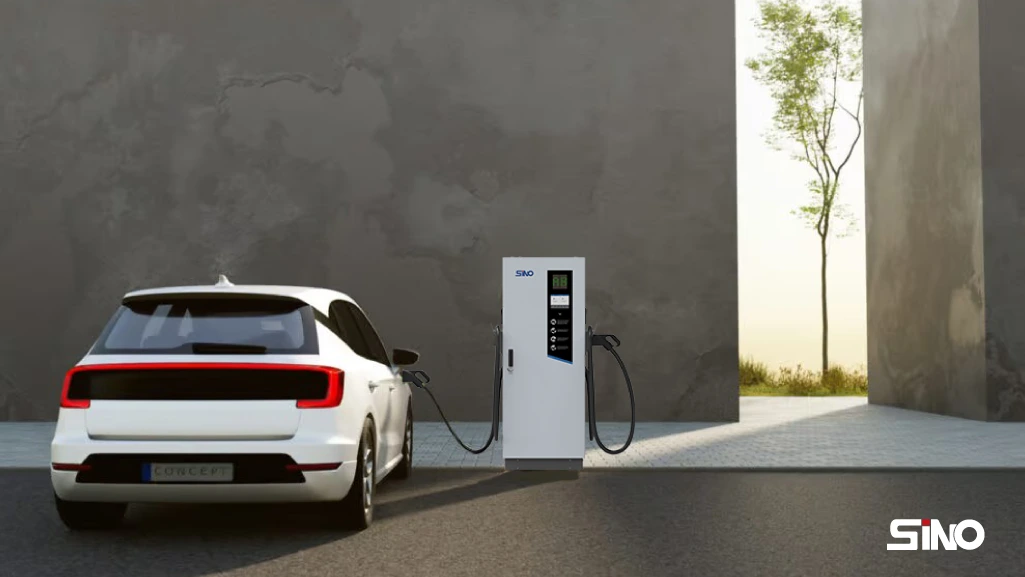
3. Charge to Full When Possible
Whenever possible, try to charge your EV to its full capacity. This practice allows the battery management system to complete a full charge cycle, which is beneficial for battery health and longevity. However, if you don’t need a full charge for your next journey, you can still charge to a sufficient level to meet your needs while avoiding unnecessary excess.
4. Avoid Rapid Charging Excessively
While rapid charging can be handy for quick top-ups, frequent use of it can place unnecessary stress on the battery. Limit the use of rapid chargers to situations when necessary and use slower charging methods, such as using smart home chargers, whenever you can.
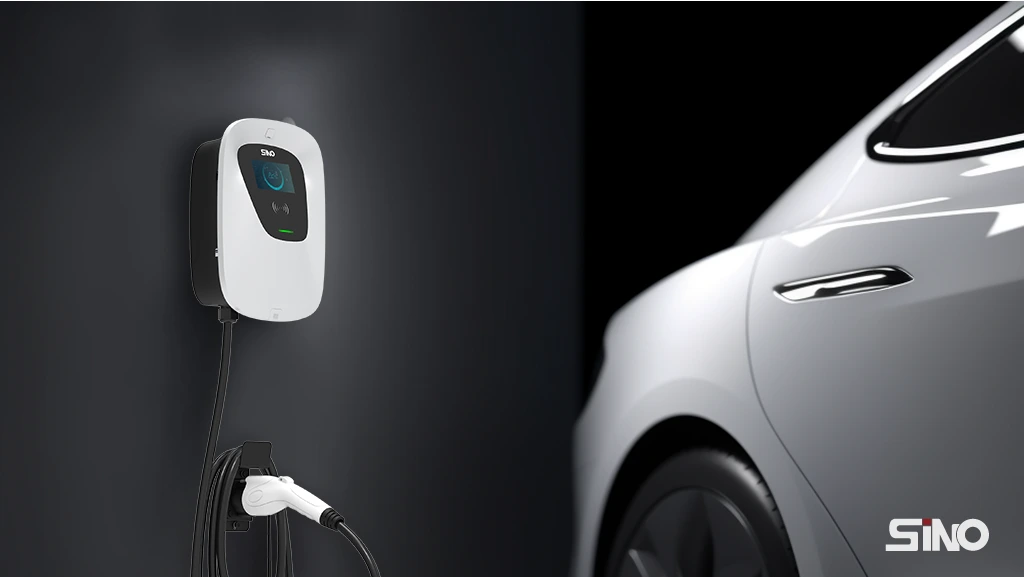
5. Control Battery Temperature
Be mindful of charging your EV in extreme temperatures. High heat can accelerate battery degradation, while frigid conditions can impede charging efficiency. If possible, park your vehicle in a shaded or temperature-controlled area while charging. If your EV has a thermal management system, allow it to regulate battery temperature for optimal conditions.
6. Plan a Strategic Charging Schedule
Take advantage of off-peak electricity rates by planning your charging sessions for times when electricity costs are lower. This approach not only cuts down on expenses but also contributes to a more balanced electric grid.
Consider your regular driving routines and charge your EV accordingly, allowing enough time for it to reach a full charge without interruption.
7. Keep Track of Charging Status
Regularly monitor your EV’s charging status. Utilize the vehicle’s display or a mobile applications to keep an eye on the charging. If you notice any issues, such as unexpectedly slowing charging or error notifications, you need to address them immediately by contacting a professional or your vehicle’s customer support.
By following the above steps, you can ensure efficient charging of your EV while prolonging battery life and performance.
Are there any battery management systems in EVs to prevent overcharging?
Yes, electric vehicles (EVs) are equipped with battery management systems (BMS) that help prevent overcharging.
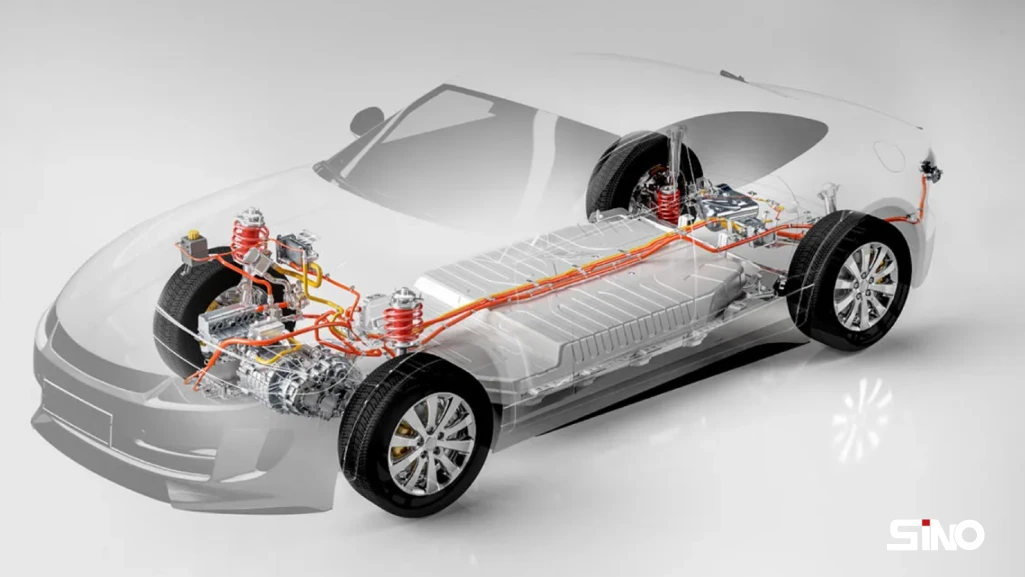
The BMS systems continuously monitor key battery parameters of the battery, including voltage, current, and temperature. When the battery approaches its maximum safe charge level, the BMS automatically automatically disable the charging current, thereby preventing potential overcharge. This protective measure not only safeguards the battery from damage but also minimizes the risk of fire or other safety hazards.
In addition to preventing overcharging, the BMS also performs other important functions. It ensures even charge distribution among the individual battery cells, evaluates the overall state of the battery’s health, and facilitates communication with the vehicle’s charging system as well as other critical components.
Overall, the BMS plays a crucial role in maintaining both the safety and efficiency of an EV’s battery operation.
conclusion
while most EV chargers are designed to stop charging when the vehicle’s battery is full to ensure safety and prolong battery life, it’s always a good idea to monitor the charging process and follow the manufacturer’s guidelines for proper charging and battery care. As the EV market continues to grow and evolve, we can expect even more advanced charging technologies that will further enhance the charging experience and safety of electric vehicles.
Our Social
Facebook: www.facebook.com/sinoevc
Instagram: www.instagram.com/sinoevc
Linkedin: www.linkedin.com/company/sinoevse
Youtube: www.youtube.com/@sinoevc
Twitter: www.twitter.com/sinoevc

“Charging for A Better Life”
—Zhuhai Sino Energy Technology Co.,Ltd.



